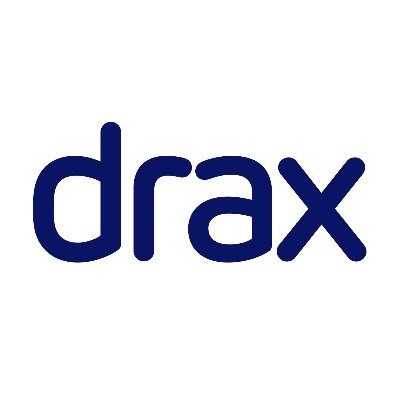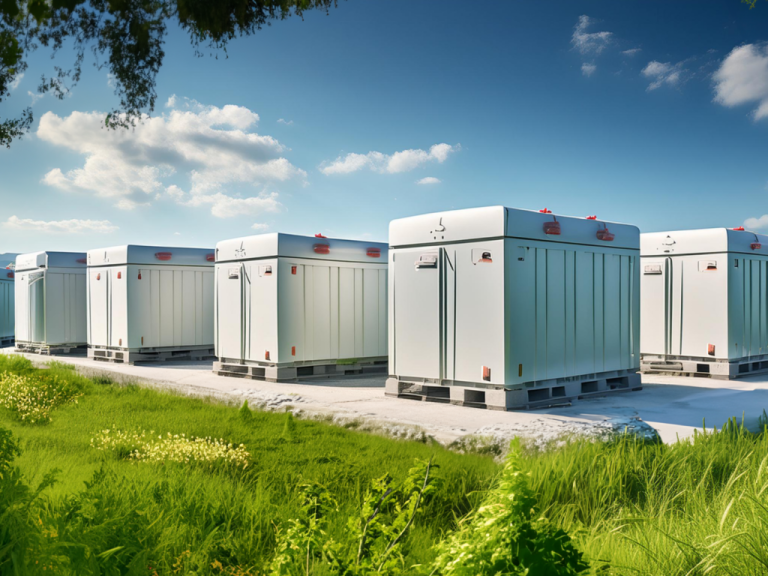The beginning of 2025 has crystallised a shift in household energy priorities, with solar adoption entering a new rhythm. Rather than a loud declaration, what’s emerging is a measured yet unmistakable momentum, a solar narrative that speaks to long‑term value and understated investor appeal.
Homeowners across the UK have installed rooftop solar systems at a pace not seen since the peak of the early 2010s, suggesting a wider alignment between consumer behaviour and energy transition trends. This isn’t flashy news, it’s the steady realisation of economic and environmental logic taking root. Rooftop deployment is accelerating, signalling more than momentary interest; it’s evidence of deepening market foundations that institutional investors need to track closely.
Behind this surge lies a complex interplay of drivers. Persistently high wholesale energy prices have recalibrated homeowner behaviour, shifting rooftop systems from lifestyle statement to practical hedge. Even modest reductions in system costs now translate into payback horizons shrinking to attractive levels. Add in evolving government incentives and increasingly streamlined grid connections, and solar is visibly entering a different phase, one of structural expansion rather than policy‑led spurts.
What does this mean from an asset perspective? Utilities refining their distributed energy portfolios will find these developments compelling. The investor lens should focus on companies scaling solar asset management, grid integration technologies, and financing platforms that bundle residential systems into yield‑generating portfolios. These are potential high‑leverage playfields as solar scales into mainstream adoption.
The market response to rising interest seems to tell us something important: household solar is no longer fringe. It’s fast becoming central to the UK’s energy mix. That assumes importance on multiple fronts, from the pressures on peak demand and distribution networks, to emerging regulatory recognition that households are active grid participants. Investors would do well to consider whether current infrastructure and energy‑as‑a‑service models are robust enough to capture value from this decentralised shift.
Beyond the purely economic, solar’s resurgence also dovetails with corporate sustainability commitments, ESG mandates increasingly require companies to show progress on Scope 2 emissions. Developers packaging rooftop solar into corporate digital platforms may find increasingly receptive markets, in both B2C and B2B channels.
The pace of household solar adoption in early 2025 won’t dwarf utility‑scale roll‑outs in headline megawatts, but the pattern matters. It reflects a population making choices in their own interest, reshaping demand and pressing for smart solutions. That kind of bottom‑up signal is rarely artificial or ephemeral, it’s organic, and thus an investor foundation that can support future growth.
What to watch now? First, momentum through late 2025: does adoption sustain, or dip as incentives shift? Next, the broader ecosystem: financing innovation, grid intelligence and asset‑backed yield products. Finally, policy clarity: subsidies are unlikely to drive long‑term adoption, but regulatory support that acknowledges household solar as a systemic asset could reshape investment contours.
In essence, the data from Q1 2025 doesn’t just show numbers, it shows a mindset. Solar on rooftops is becoming a default assumption, and that assumption ripples through the entire energy sector. From IPPs to funds structuring residential portfolios, compounding change is underway.
Drax’s Electric Insights platform aggregates this rooftop deployment data, offering near‑real time market intelligence and insights into the evolving generation mix. While Drax itself is best known for large‑scale generation and biomass-to-power capabilities, its deepening analytical footprint provides valuable guidance to investors tracking broader transition trends—from utility-scale renewables to household energy assets.
Drax Group plc (LON:DRX), trading as Drax, is a power generation business. The principal downstream enterprises are based in the UK and include Drax Power Limited, which runs the biomass fuelled Drax power station, near Selby in North Yorkshire.







































